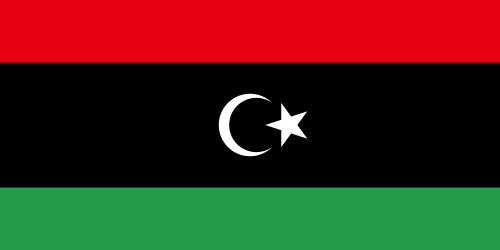By Padraig O'Hannelly.
Libya has temporarily closed its borders with Niger, Chad, Sudan and Algeria, and has declared emergency law in the seven southern regions of Ghadames, Ghat, Obari, Al-Shati, Sebha, Murzuq and Kufra.
As it attempts to exercise its authority over the whole country, the General National Congress has decreed that these areas are now considered to be closed military zones.
Our sources in Tripoli say this move is a game-changer in the ongoing power struggle between central government and tribal militias, and is an attempt by the government to prevent southern Libya from slipping further into the sort of lawlessness we've witnessed in Afghanistan.
Of great concern to many is the allegiance that these militias may have towards more extremist Islamist elements, and in particular to al Qaeda in the Islamic Maghreb (AQIM).
A report this week from the Civil-Military Fusion Centre quotes Bruce Riedel, a senior fellow at the Brookings Institution’s Saban Center for Middle East Policy, as saying that AQIM’s arms procurement from Libya has probably made it the "best armed al Qaeda franchise in the world".
There's much to play for in Libya, and it appears likely that its future direction will be determined in large part by the success or failure of this latest effort to bring the whole country under central government control.





